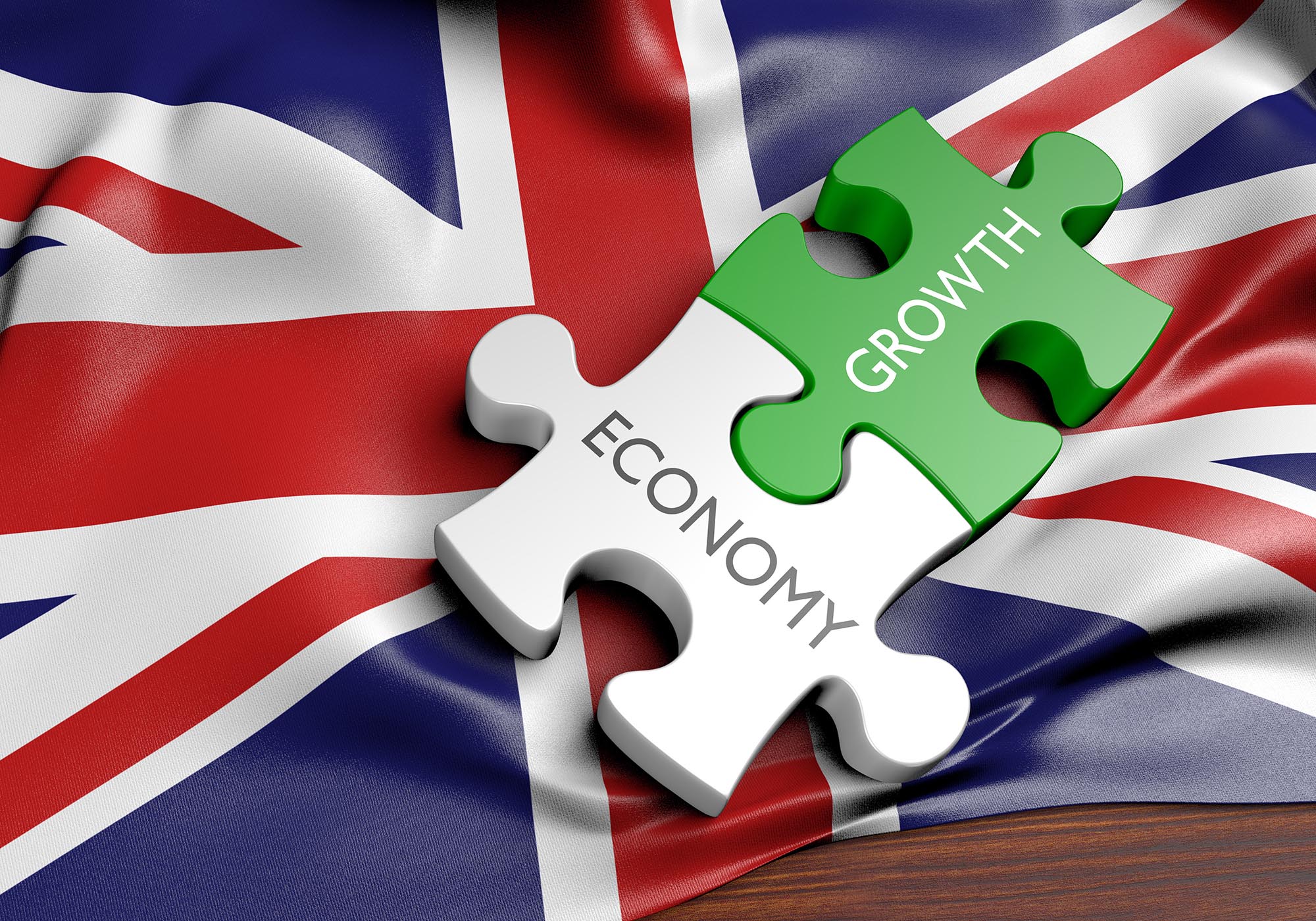
Gross domestic product (GDP) is estimated by the Office for National Statistics (ONS) to have dropped by 0.3 per cent in Q4 2023, following a fall of 0.1 per cent in the previous quarter.
When GDP falls for two successive three-month periods, the nation meets the threshold to be in recession.
Despite the UK falling into a recession, GDP had a slight increase of 0.1 per cent compared to 2022 – a year that began in lockdown for UK households during the Covid-19 pandemic.
In Q4, there were slowdowns in growth with all three main output sectors. This included a fall of 0.2 per cent in services (which makes up around 80 per cent of GDP), as well as dips of one per cent in production and 1.3 per cent in construction output.
The volume of net trade also felt a drop in expenditure terms, as household spending and government consumption were ‘partially offset by an increase in gross capital formation’, according to the ONS.
Chancellor – High inflation the ‘single biggest barrier to growth’
Financial analysts remain positive that the UK will avoid a further recession in 2024, while signs the economy is steadying are furthered by the fact inflation rate remained at four per cent.
Chancellor Jeremy Hunt said: “High inflation is the single biggest barrier to growth, which is why halving it has been our top priority. While interest rates are high – so the Bank of England (BoE) can bring inflation down – low growth is not a surprise.”
“But there are signs the British economy is turning a corner – forecasters agree that growth will strengthen over the next few years, wages are rising faster than prices, mortgage rates are down and unemployment remains low.
“Although times are still tough for many families, we must stick to the plan – cutting taxes on work and business to build a stronger economy.”
‘Worst could be behind us’
Danni Hewson, head of financial analysis at AJ Bell, agrees that falling into recession was no shock, but “the size of the slump is slightly larger than had been expected.”
“Constrained budgets kept us from hitting the high street in December, with retail sales figures down to a level not seen since the pandemic lockdowns of January 2021, and a series of storms also took their toll,” Hewson said.
“That said, recession is merely nibbling at the edges of the economy and there are already signs that this slump will go down in the record books as the shortest, shallowest recession to date.
Hewson added: “Psychologically, it is likely to take a toll, and even if we accept these numbers are backwards-looking and the worst may be behind us, at least for now, already-shaky confidence will be knocked.
“The word ‘recession’ strikes a chord with all of us. We’ve lived through other downturns and felt the impact of those on our own lives, not least the post-pandemic malaise that’s still gripping the country.”















